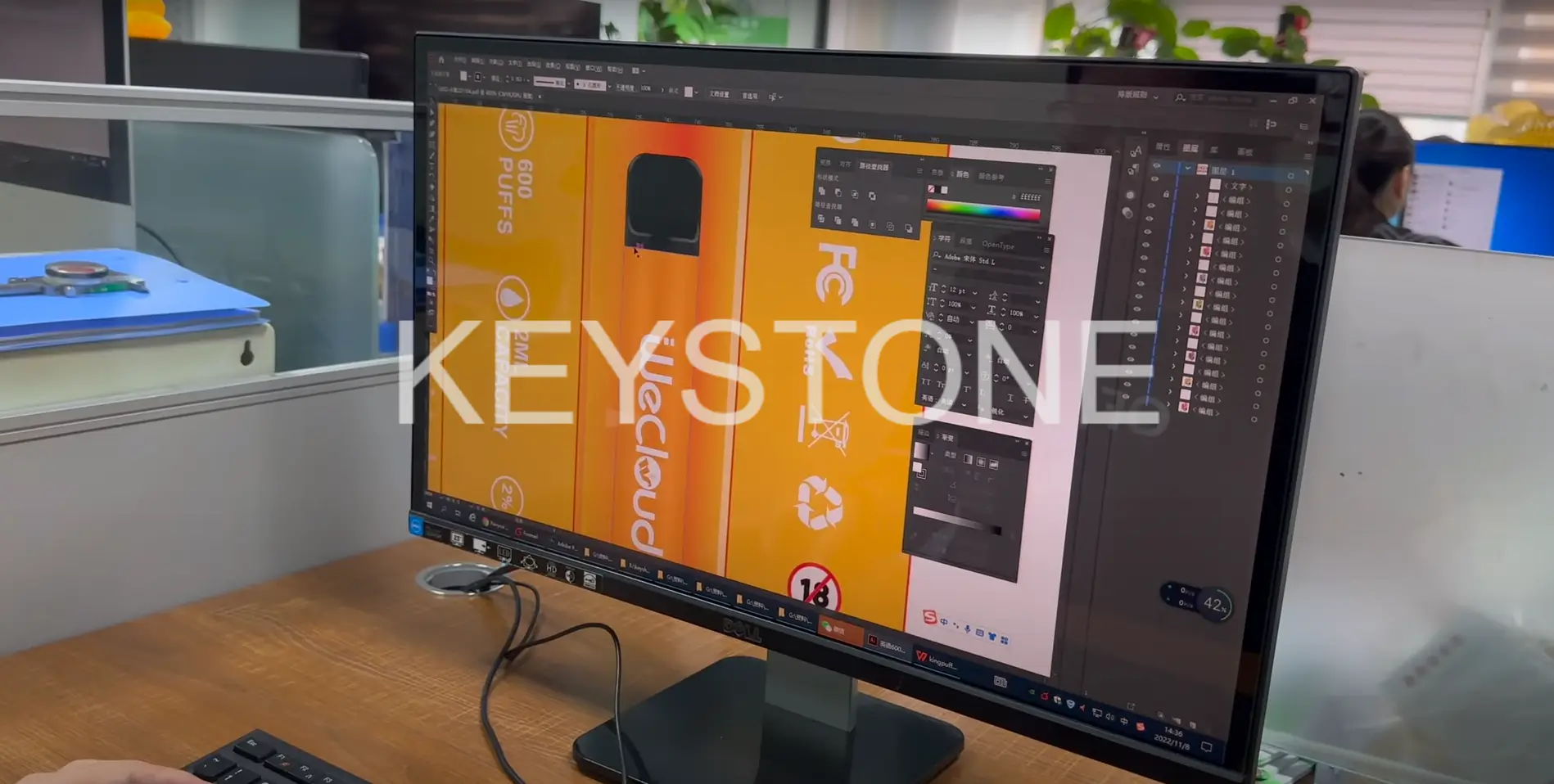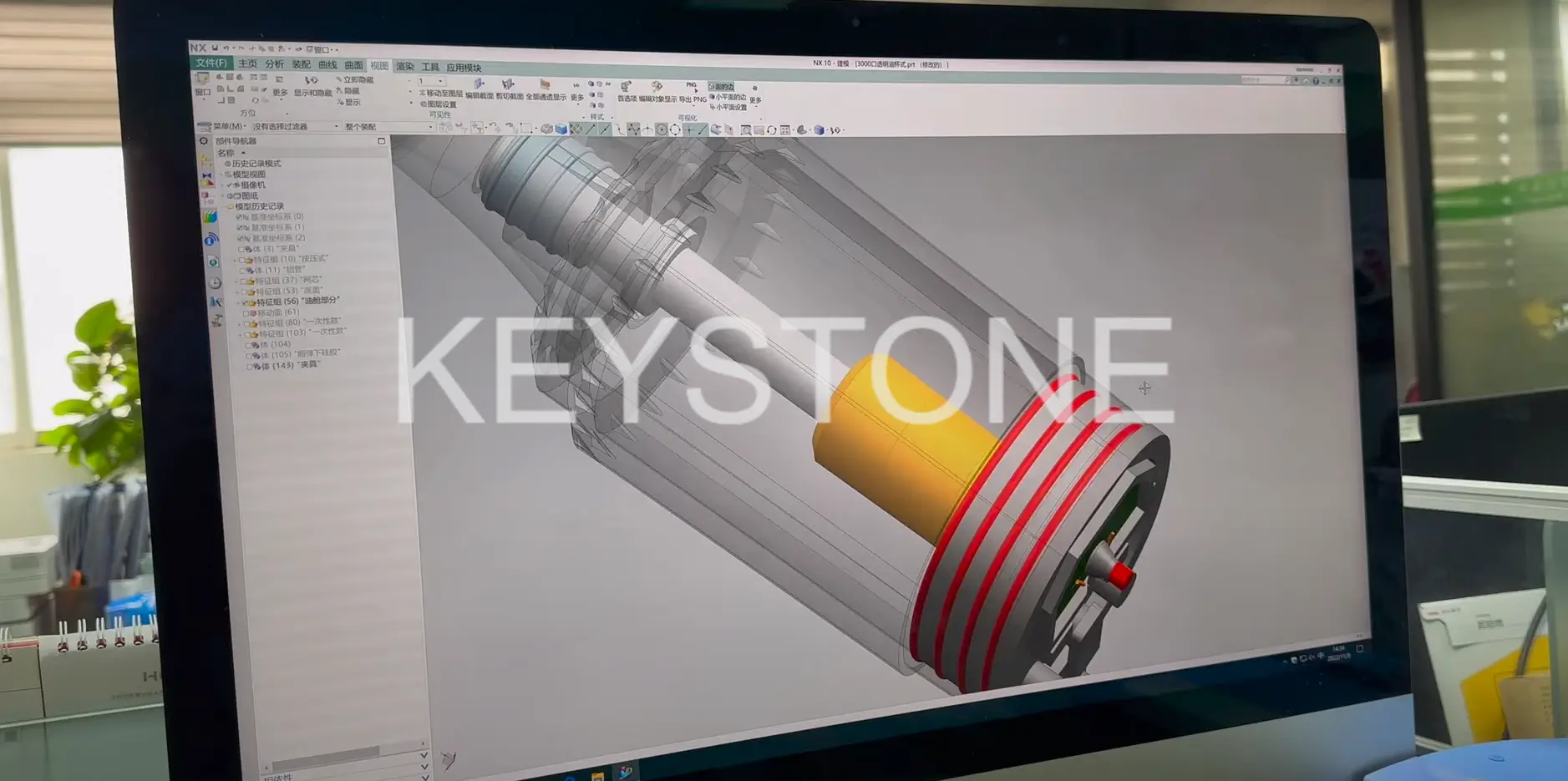WARNING: This product contains nicotine. Nicotine is an addictive chemical.
E-cigarette design is a critical aspect of the vaping industry, as it can influence user experience, functionality, and market appeal. The design process can be divided into three main stages: e-cigarette appearance design, internal structure design, and packaging design. In this article, we will delve into each stage to provide a comprehensive understanding of the e-cigarette design process.
The appearance of an e-cigarette plays a significant role in attracting potential customers and creating a unique brand identity. The appearance design process includes:

Market research: Designers research market trends and customer preferences to create a design that appeals to the target audience.
Sketching and concept development: Based on their research, designers create initial sketches and concepts for the e-cigarette’s appearance, taking into account factors such as size, shape, colors, and materials.
3D modeling and rendering: Designers convert the finalized concept sketches into 3D models using computer-aided design (CAD) software. This helps visualize the product and identify potential design issues before moving on to the prototyping stage.
The internal structure of an e-cigarette is crucial for its functionality and performance. The internal structure design process involves:

a. Battery selection: Designers choose a battery that meets the desired power requirements, size constraints, and safety standards.
b. Circuitry design: Engineers design the electronic circuitry responsible for controlling the e-cigarette’s power output, safety features, and user interface.
c. Heating element design: Engineers select or design a suitable heating element (coil) that will efficiently vaporize the e-liquid. This may involve choosing the appropriate materials, resistance, and coil configuration.
d. Tank or cartridge design: Designers create a tank or cartridge system that securely stores the e-liquid and allows it to flow to the heating element for vaporization.
e. Airflow and mouthpiece design: The design of the airflow system and mouthpiece directly impacts the vaping experience. Engineers and designers work together to create a design that provides optimal flavor, vapor production, and user comfort.
Packaging plays an essential role in protecting the e-cigarette, conveying information to consumers, and creating a strong brand image. The packaging design process includes:
a. Material selection: Designers choose materials that provide adequate protection, are cost-effective, and align with the brand’s environmental and aesthetic values.
b. Graphic design: Graphic designers create the visual elements of the packaging, such as logos, colors, fonts, and images, to convey the brand’s identity and provide information about the product.
c. Structural design: Designers create the packaging structure to ensure it securely holds and protects the e-cigarette and any accessories, such as charging cables, extra coils, or user manuals.
d. Regulatory compliance: Designers ensure the packaging adheres to all relevant regulations, such as displaying warning labels and age restrictions, where applicable.
Designing e-cigarettes is a multi-faceted process that encompasses appearance, internal structure, and packaging design. By understanding the different stages involved in e-cigarette design, we can appreciate the level of expertise and collaboration required to create innovative and appealing vaping products.
If you want to know more, please refer to this article:
https://keystonevape.com/best-vape/the-best-disposable-vapes-2024-you-cant-miss/
